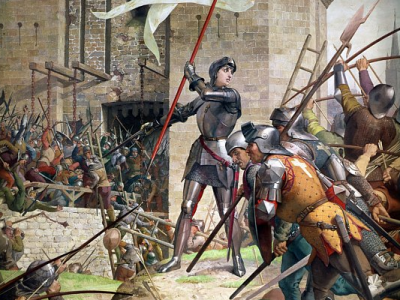ZHUO-WEI LEE
Why would Snowden advocate for the protection of whistleblowers from his temporary asylum in Russia? Is it merely to protect himself, or is it a movement towards a larger concept of pervasive freedom? Is it because he had a “greater commitment to justice than a fear of the law”? In an attempt to move the nation towards a free world, Snowden lost many comforts of his life. He once lived in a nice house on Hawaii, with his girlfriend and family, and with a well-paid career position. He gave this up because of his commitment to the nation. See, Snowden had already encountered people before him in his workplace who were well aware of the illegitimacy of the programs. But for fear of losing their stable lifestyle, they chose not to blow the whistle. But then again, if Snowden really wanted support his movement, wouldn’t he return to America to accept his fate? If what he did was truly justified, then wouldn’t he be pardoned upon returning home? Why would he hide in Russia, under the wing of President Vladimir Putin, an ex-KGB officer and leader of a government not known for its transparency? Perhaps Mr. Snowden is a reasonable man, and doesn’t want to risk the rest of his life in jail. Where else would he hide? There are only a few countries where the American government cannot muscle its way around.


